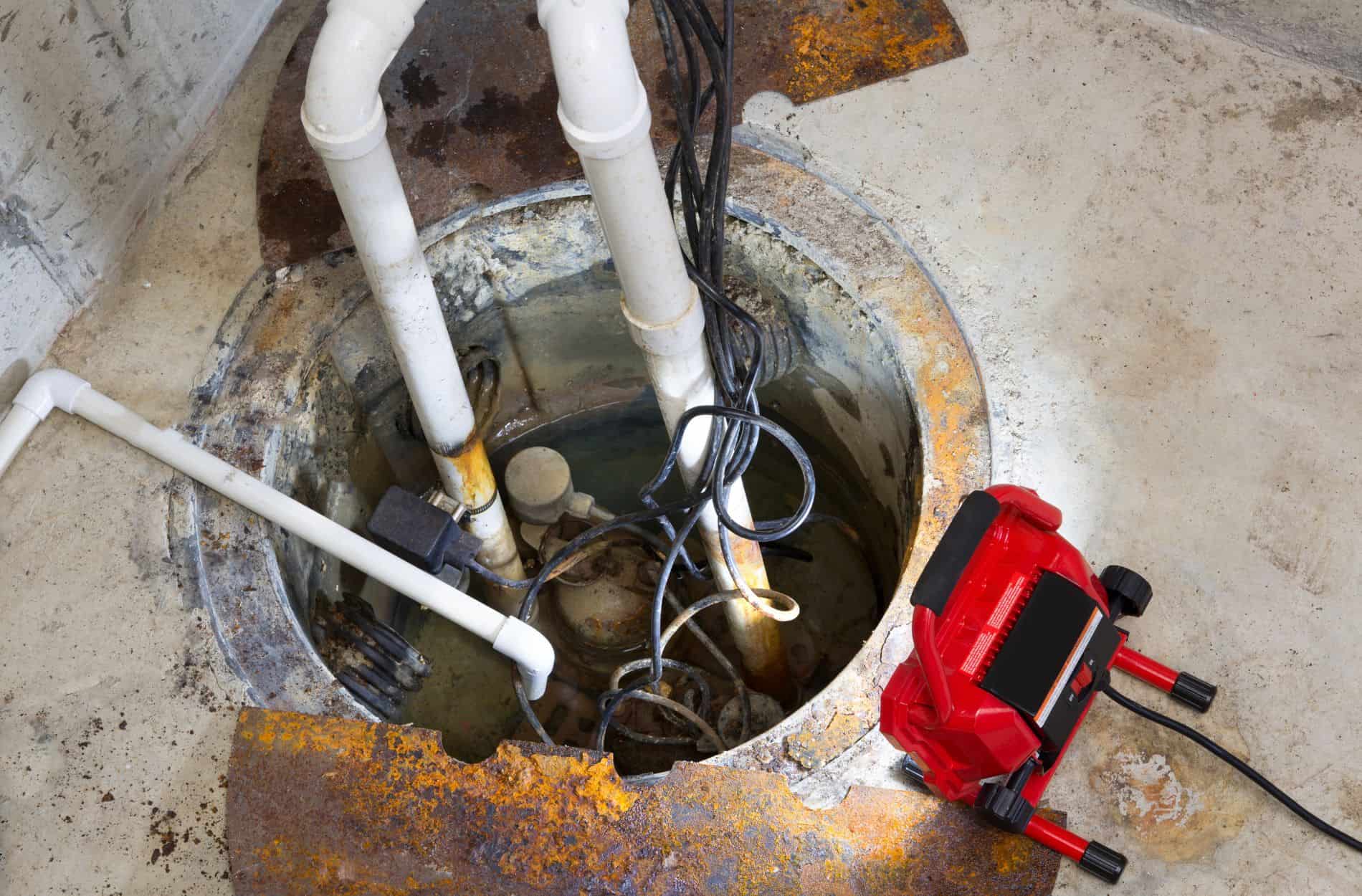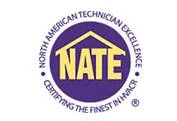Sump pumps are an essential tool for homeowners who want to keep their basements dry and protect their property from water damage, mold growth, and structural issues. A sump pump is a must-have in regions with heavy rainfall, high groundwater levels, or homes built on low-lying terrain. Sump pumps provide a valuable line of defense against basement flooding, helping to maintain a healthy home environment and protect your property investment. Wolcott Services will discuss sump pumps’ crucial role in safeguarding your home, the different types available, how to choose the right one for your needs, and the importance of proper installation and maintenance.
Types of Sump Pumps and Their Benefits
Sump pumps come in various types and sizes, each offering specific advantages in different situations. Understanding their distinct features can help you choose the most suitable option for your home:
- Submersible Sump Pumps: These pumps are installed within the sump pit and designed to work underwater. Due to their submerged operation, they are quiet, energy-efficient, and more effective in handling larger amounts of water.
- Pedestal Sump Pumps: Positioned above the sump pit, these pumps are less expensive and easier to maintain than submersible models, making them a popular choice among homeowners. However, they are not as powerful and can be noisier.
- Battery-Operated Backup Sump Pumps: These sump pumps use a battery backup system to continue working during a power outage, ensuring that your home remains protected even in adverse weather conditions.
Selecting the appropriate sump pump for your Portland home will largely depend on factors such as your basement’s size, the moisture or water infiltration level, and the preferred noise levels.
Choosing the Right Sump Pump for Your Portland Home
Before investing in a sump pump, consider the following factors to help you select the most suitable model for your specific needs:
- Type of Sump Pump: Assess the advantages and disadvantages of submersible, pedestal, and battery-operated sump pumps in terms of performance, noise, and maintenance.
- Pump Capacity: Determine the required capacity, measured in gallons per hour (GPH) or gallons per minute (GPM), based on your home’s water infiltration levels and basement size.
- Power Source: Most sump pumps rely on your home’s main electricity supply, but it is essential to have a battery-operated backup system in case of a power outage during severe weather conditions.
- Pump Construction Materials: Sump pumps can be made from plastic, cast iron, or stainless steel. Consider durability, longevity, and expense when deciding which material best fits your needs.
Proper Installation and Maintenance of Sump Pumps
Proper installation and regular maintenance are crucial to ensuring your sump pump’s smooth and effective operation. Here are some guidelines to help maintain a strong defense against water damage:
- Sump Pump Installation: The installation should be handled by an experienced professional to guarantee a reliable setup. A well-installed sump pump will be positioned accurately within the sump pit, securely connected to the electrical supply, and have a functional discharge line.
- Periodic Inspections: Inspect your sump pump regularly for signs of wear, mechanical failures, or clogging in the drainage system. Regular checks will help you address any issues before they lead to significant water damage.
- Cleaning and Maintenance: Clean the sump pit and the pump’s components, such as the impeller and the float switch, to ensure smooth operation. Schedule routine maintenance by a professional plumber to increase your sump pump’s lifespan and maintain peak performance.
- Testing Your Sump Pump: At least twice a year, test your sump pump by pouring water into the sump pit and observing whether the pump activates and quickly drains the water.
Hiring a Professional for Sump Pump Installation and Maintenance
Although some homeowners may be tempted to install and maintain their sump pumps independently, hiring a skilled professional offers several advantages:
- Expertise and Experience: A professional plumber has the expertise and experience to install, maintain, and repair sump pumps, ensuring optimal performance and longevity.
- Proper Equipment and Tools: Professional plumbing services come equipped with the necessary tools and specialized equipment to handle sump pump installations and maintenance efficiently.
- Accurate Diagnostics: A skilled plumber can accurately diagnose and address any issues with your sump pump, preventing costly damage or extensive repairs.
- Safety and Code Compliance: Expert plumbers adhere to safety regulations and local building codes, ensuring that your sump pump installation meets all necessary standards.
Conclusion: Keep Your Portland Home Dry and Healthy with Professional Sump Pump Services
A functional sump pump is an essential investment for homeowners in Portland, OR, as it effectively protects against water damage, mold growth, and structural issues. Understanding the various types of sump pumps available, assessing your home’s specific needs, and ensuring proper installation and maintenance can go a long way in preserving the integrity and value of your property.
Trust our expert team at Wolcott Services for all your sump pump installation and maintenance needs. With our extensive experience in plumbing, electrical, heating, and cooling services, we specialize in helping Portland homeowners create comfortable, healthy, and moisture-free living spaces. Keep your home protected from water damage and give yourself peace of mind by contacting us for professional sump pump services today.



